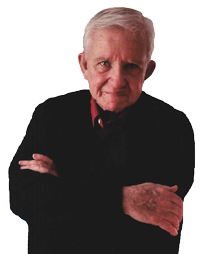I had the great good fortune of meeting James Baldwin in The White Horse Tavern in 1957 when I was starting out as a writer and Baldwin was one of my heroes. I recognized him from the photograph of his face that was on the cover of a new paperback of his first book of essays Notes of a Native Son, and there he was, in the flesh, having a beer. The “Autobiographical Notes” that introduced his book ended with a sentence that seemed to me like beacon, a guide: “I want to be an honest man and a good writer.”
One of the White Horse “regulars” introduced me to Jimmy (the name he called himself and wanted to be called by) and when I told him I was working on my first book, about Spanish Harlem (Island in the City), he invited me to join him, and later to come by his apartment on Horatio Street, where we talked, and drank bourbon and listened to Bessie Smith records. All that came back to me when I read his powerful essay “The Uses of the Blues” in The Cross of Redemption, a book that’s a treasure-house of his previously uncollected writing.
He tells us at the beginning of his essay on the blues that it “does not refer to music: I don’t know anything about music. It does refer to the experience of life, or the state of being, out of which the blues come.” He says he might have just as well titled his essay “The Uses of Anguish” or “The Uses of Pain.” The blues, he says, are about “work, love, death, floods, lynchings. . . ‘Facts of Life.’”
That is in fact what all of Baldwin’s stunning and resonant work is about, whether in novels like Go Tell It on the Mountain or book-length essays that awaken people to the reality of their society and where it’s headed as in The Fire Next Time, or on the stage, with “Blues for Mister Charlie” or in short stories such as “Sonny’s Blues.”
The blues, he reminds us, began “on the auction block,” and are “rooted in the slave songs,” and all of us who are alive, no matter what our state or estate or lack of it, we are going to suffer. Hopefully, we will survive whatever pain is inflicted on us (or that we inflict on ourselves), and move on, in the spirit that Bessie Smith describes with such plain and gut-hitting words: “picked up my bag, baby, and I tried it again.”

